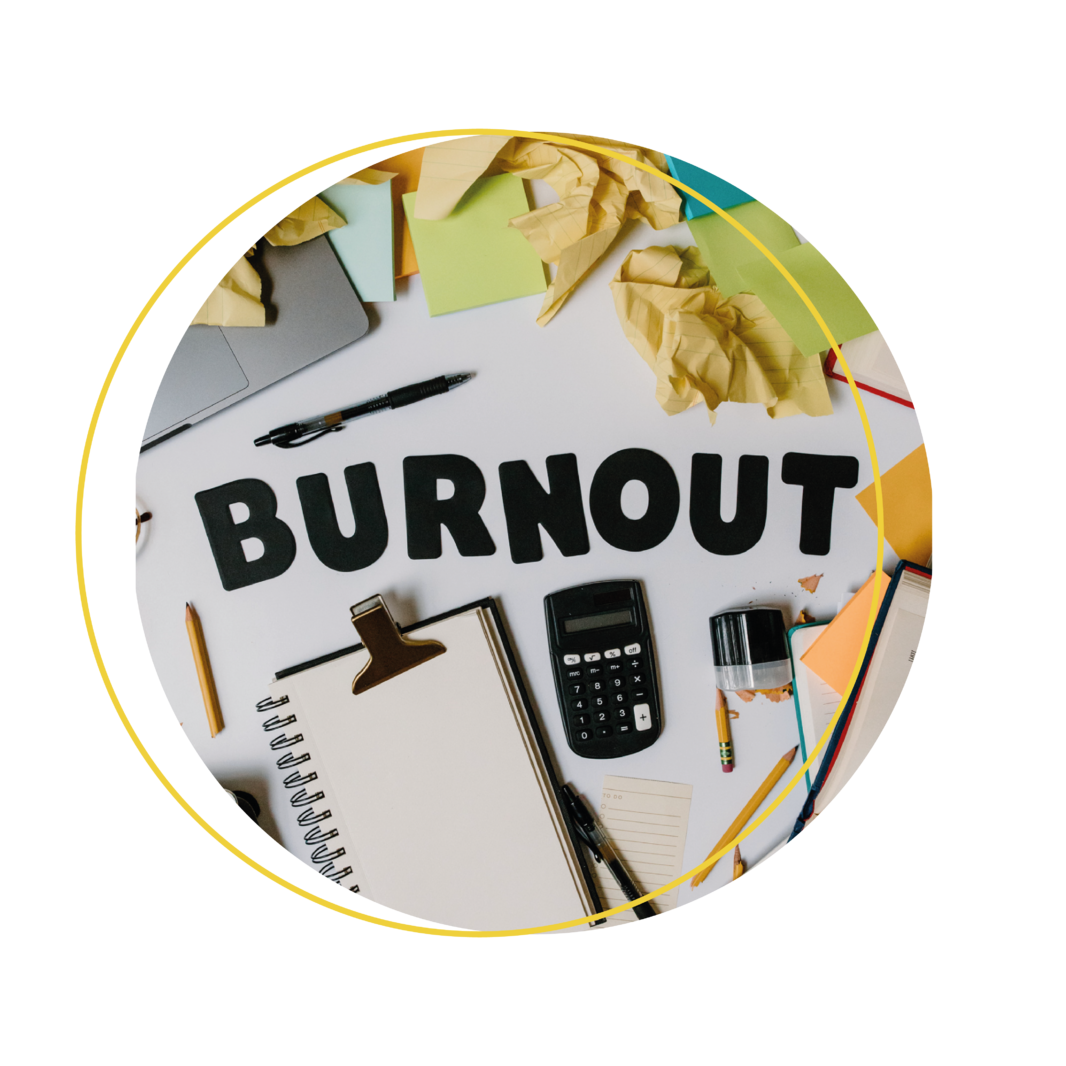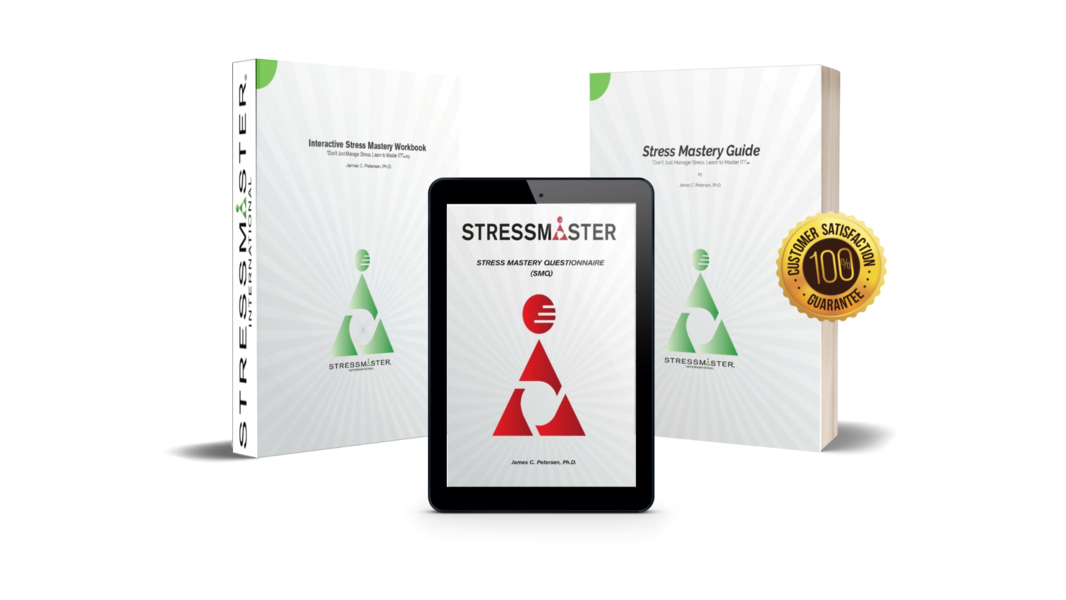In today's fast-paced corporate world, stress has become a prevalent issue, affecting employees' well-being, productivity, and overall organizational success. To address this challenge, Mindful Crowd offers comprehensive stress mastery corporate programs designed to empower individuals with the skills and strategies needed to effectively manage stress and achieve optimal performance but to begin with!
How much does stress cost organizations!
Stress - THE SILENT KILLER - has become an inevitable part of our lives, affecting both our personal and professional lives. Studies have shown that high levels of stress can increase employee turnover rates, resulting in significant financial losses for businesses. To combat these issues, it's crucial for businesses to invest in effective stress management programs to improve employee well-being, reduce turnover costs, and enhance overall productivity.
- Studies have shown that high levels of stress can increase employee turnover rates.
- Nearly half of all workers cite stress as a reason for leaving their jobs.
- The cost of replacing an employee can range from 16% to 213% of the employee's annual salary.
- Stress has been linked to a wide range of health problems.
- Stress costs U.S. businesses around $300 billion annually due to decreased productivity, increased absenteeism, and higher healthcare costs.
Do women in leadership have stress?
In today's world, women are breaking barriers and achieving great success in leadership positions. However, being a woman in a leadership role can come with its own set of challenges and stressors. In addition to the typical pressures of running a business or managing a team, women in leadership often have to navigate gender bias and societal expectations, which can take a toll on their mental and physical health.
Research shows that women leaders experience higher levels of stress than their male counterparts, and are more likely to suffer from anxiety, depression, and burnout. According to a study by LeanIn.Org and McKinsey & Company, women in senior management positions are 1.5 times more likely than men to report feeling "exhausted or burned out" at work.
Despite the many accomplishments of women in leadership, it's important to remember that they are human too. They experience the same emotions and stresses as anyone else, and often face additional pressures due to gender bias and societal expectations. It's crucial that organizations recognize and support the well-being of their women leaders, not only for the benefit of the individual, but also for the success of the organization as a whole.
At Mindful Crowd, we understand the unique challenges that women in leadership face, and we're committed to helping them manage stress and maintain their well-being. Our stress mastery program includes a professional questionnaire that explores individual stressors, as well as a guide and workbook to provide practical tools for stress management. We believe that by addressing the specific needs of women in leadership, we can help create a more equitable and successful business environment.
Are CEOs and leaders living stress free?
CEOs may be seen as invincible leaders who are always in control, but they are human, just like everyone else. Research shows that many CEOs experience high levels of stress and depression, which can have a profound impact on their well-being and the success of their organizations. Despite their outward appearance of confidence and power, CEOs are susceptible to feelings of loneliness, which can lead to poor mental and physical health. In this article, we'll explore the challenges that CEOs face when it comes to stress and depression, and discuss how organizations can support their leaders in maintaining their well-being while achieving business success.
- Research has shown that CEOs are more likely to experience high levels of stress and depression compared to the general population.
- A 2019 study by the CEO Genome Project found that nearly 50% of CEOs report feeling lonely in their roles, with 61% of those feeling that loneliness negatively impacts their job performance.
- The same study found that CEOs who reported experiencing loneliness were more likely to report being stressed, depressed, and experiencing poor physical health.
- A 2018 survey by the American Institute of Stress found that executives and managers are among the most stressed employees in the workforce, with 80% reporting experiencing workplace stress.
- A 2017 study by the Harvard Business Review found that CEOs who practiced mindfulness meditation reported feeling less stressed and better able to lead their organizations effectively.
These facts highlight the importance of addressing stress and mental health issues in top leadership positions, as they can have a significant impact on both the individual's well-being and the success of the organization.
A comprehensive, proven, and exclusive corporate stress mastery program
At Mindful Crowd, we understand the complex nature of stress and its impact on individuals and corporate environments. Our stress mastery corporate programs follow a comprehensive step-by-step process that includes questionnaire submissions, one-on-one calls, masterclasses, meditation in the metaverse, and post-masterclass follow-up meetings to ensure lasting stress management and positive outcomes.
-
Pre-program kick-off webinar
-
SMQ submission
-
1:1 stress debriefing session
-
A full day deep dive masterclass
-
1:1 follow-up call
-
Group final report and recommendations
What makes the SMQ Different?
Tested, Proven, Transformed: Unleash Your Potential with Sressmasters SMQ

Tested
by the NIOSH through a research grant and proved both validity and reliability

Trusted
600,000 candidates already submitted the SMQ and benefited from the process

Certified
The first assessment tool to be certified by the American Institute of Stress

Timeless
The SMQ has stood the test of time and remains relevant and valuable even after 30 years

Universal
Borderless, compatible, and designed to be accessed and submitted from any PC
References
- American Institute of Stress. (n.d.). Workplace Stress. Retrieved from https://www.stress.org/workplace-stress
- American Psychological Association. (2017). 2017 Work and Well-Being Survey. Retrieved from https://www.apa.org/news/press/releases/2017/03/employee-job-stress
- Hays, S. (2019). The cost of employee turnover. BambooHR. Retrieved from https://www.bamboohr.com/blog/the-cost-of-employee-turnover/
- Health Enhancement Research Organization. (2013). Stressed and Strained: Assessing the Impact of Employee Stress on Organizational Health and Effectiveness. Retrieved from https://hero-health.org/stressed-and-strained/
- LeanIn.Org and McKinsey & Company. (2019). Women in the workplace.
- National Women's Business Council. (2020). The state of women's entrepreneurship in the United States.
- Harvard Business Review. (2017). Mindfulness Can Literally Change Your Brain. Retrieved from https://hbr.org/2015/01/mindfulness-can-literally-change-your-brain
- Spector, B. (2018). 80% of Workers Say They Feel Stress on the Job. The Wall Street Journal. Retrieved from https://www.wsj.com/articles/eighty-of-workers-say-they-feel-stress-on-the-job-1525816702
- Wang, D., & Debono, D. S. (2018). The Psychiatric Morbidity of CEOs: A Systematic Review. Harvard Review of Psychiatry, 26(2), 69–83. doi: 10.1097/hrp.0000000000000151
- Zarya, V. (2019). CEOs are Lonely. Here's How to Fix That. Fast Company. Retrieved from https://www.fastcompany.com/90294736/ceos-are-lonely-heres-how-to-fix-that
FOLLOW MINDFUL CROWD





